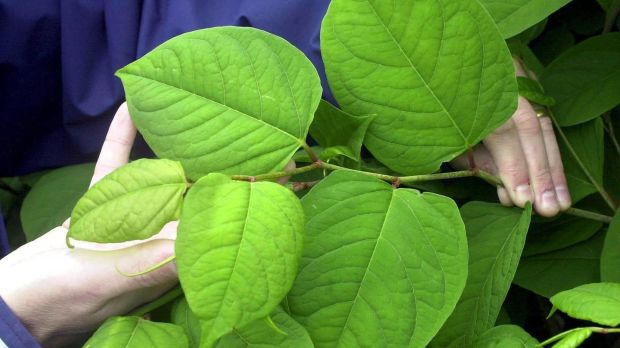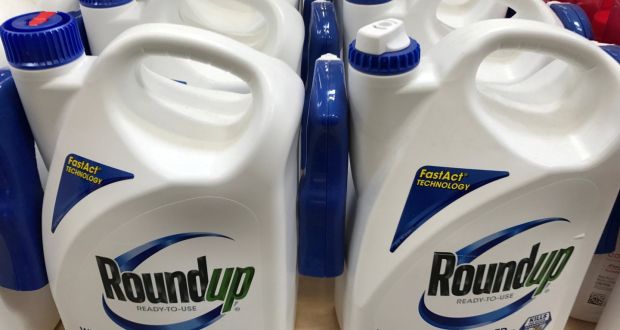A Californian court recently ordered Monsanto to pay $289 million (€253 million) to a school groundsman who claims exposure to glyphosate (sold by Monsanto as Roundup) contributed to his terminal cancer.
The company plans to appeal the judgment, but the tide is turning against this controversial weed-killer, which has been Monsanto’s worldwide corporate cash cow. The number of similar cases pending against the company has jumped from 5,000 to 8,000 in the US.
The World Health Organisation declared glyphosate “probably carcinogenic to humans” more than two years ago. EU agencies say the evidence informing the WHO position remains inconclusive. Nevertheless, last November, the EU approved its use for just five more years, much shorter than the usual licensing period, and only by the narrowest possible majority.
Many experts agree highly limited use of glyphosate may still be the best way to manage another major ecological threat, alien invasive plants like Japanese knotweed
The issue sparked an unusual rift between Germany, which voted for the extension, and France, which voted against. Subsequently, Emmanuel Macron was forced to drop his plan for a domestic ban by 2021, apparently by the agricultural lobby.
Ireland voted for the extension. As with climate change, the Government is, disgracefully, putting the votes attached to short-term agricultural profits above public welfare. The Irish Farmers’ Association still supports glyphosate very strongly, despite the potential threat to the health of its members, and of the public. In this context, it is good that some county councils are already trialling alternatives to glyphosate. But perhaps we also need to see weeds differently. Wild native plants on our streets are good for pollinators, and are very beautiful. We should relax our obsession with urban “neatness”.

Credit: www.irishtimes.com
However, a blanket glyphosate ban may not be the best solution. Many experts agree highly limited use of glyphosate – by properly trained and protected workers, notably farmers – may still be the best way to manage another major ecological threat, alien invasive plants like Japanese knotweed. In an era of vast environmental degradation, the painful logic of triage is often required.
Credit: www.irishtimes.com

